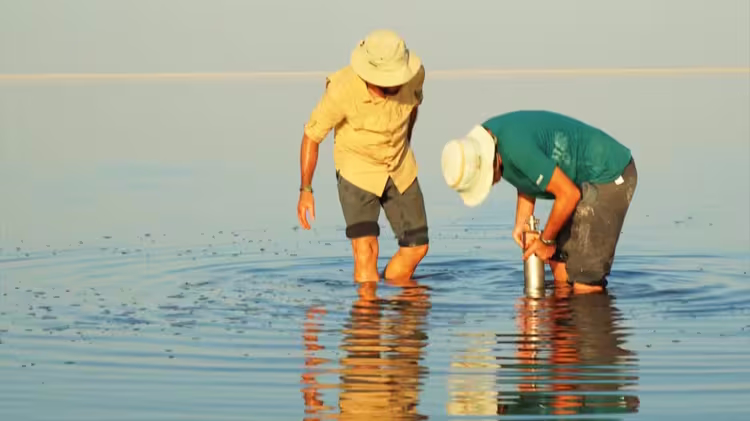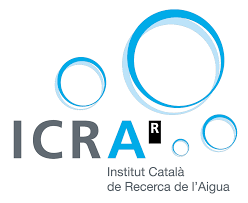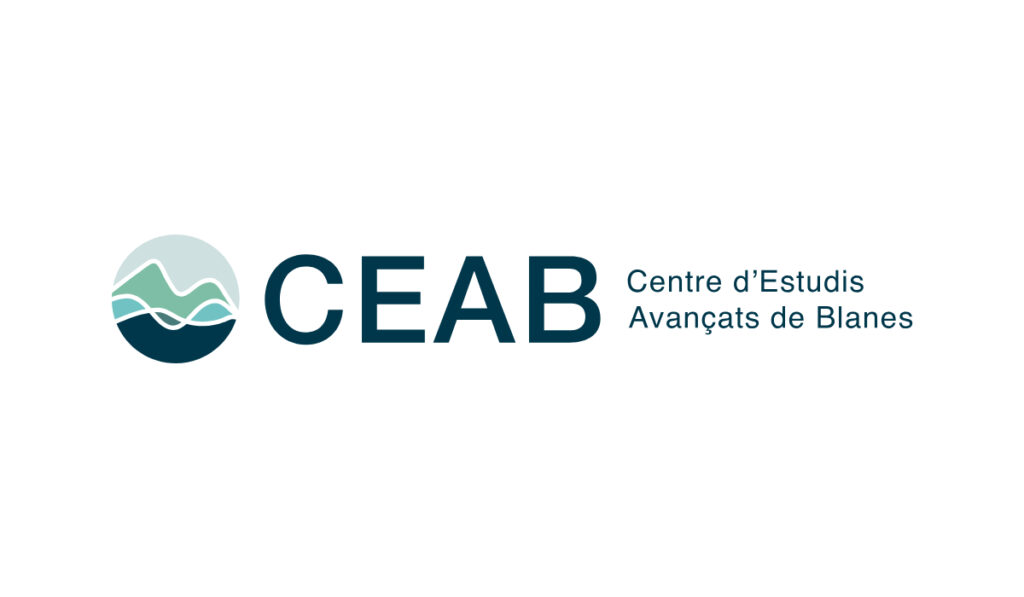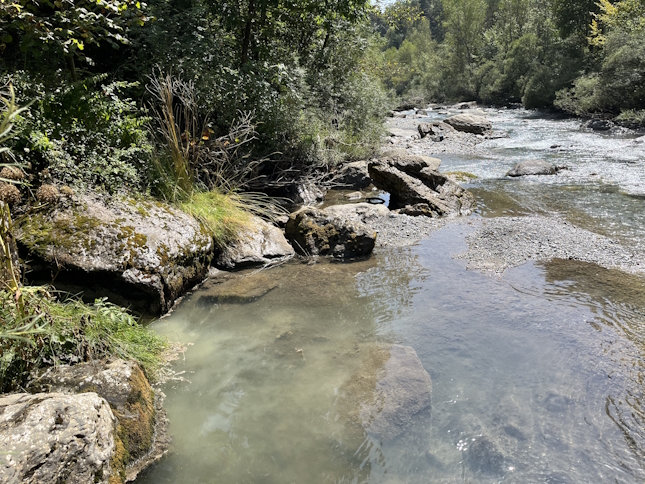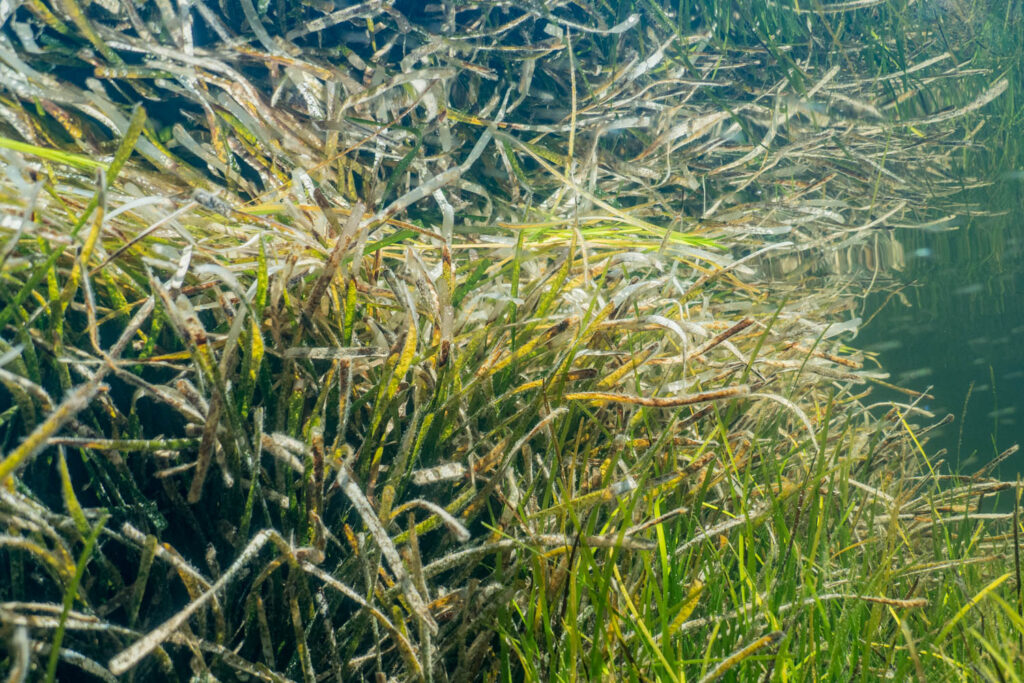In many regions of the world, inland waters are shrinking due to the combined effects of climate change, water extraction and other human activities. Sections of river networks that indicate temporary waters expand and stay dry for longer, lakes and ponds dry out, exposing large areas of previously flooded sediment, and the water-covered surface of reservoirs is reduced or even It disappears completely when the dams stop working.
These emerged sediments are prone to terrestrialization (growth of ephemeral or permanent vegetation). Furthermore, reducing water levels and increasing water residence time change aquatic metabolism favoring anaerobic metabolic pathways. In parallel, the geochemistry of the system is affected by the alteration of the water budget, modifying the dynamics of mineral precipitation and dissolution between the water column and sediments. Therefore, we expect a strong impact from the reduction in the capacity of inland waters to sequester carbon (C) from the atmosphere, a relevant service that these ecosystems provide to humans.
The goal of the Alter-C coordinated project is to understand how C sinks and sources in inland waters are affected by reductions in current and future conditions. Alter-C combines cutting-edge methodologies with an integrative perspective, including river networks, lakes, ponds and reservoirs, in an ambitious research program that takes into account the main drivers of the reduction of inland waters: climate change, extraction of water and the dismantling of dams.

